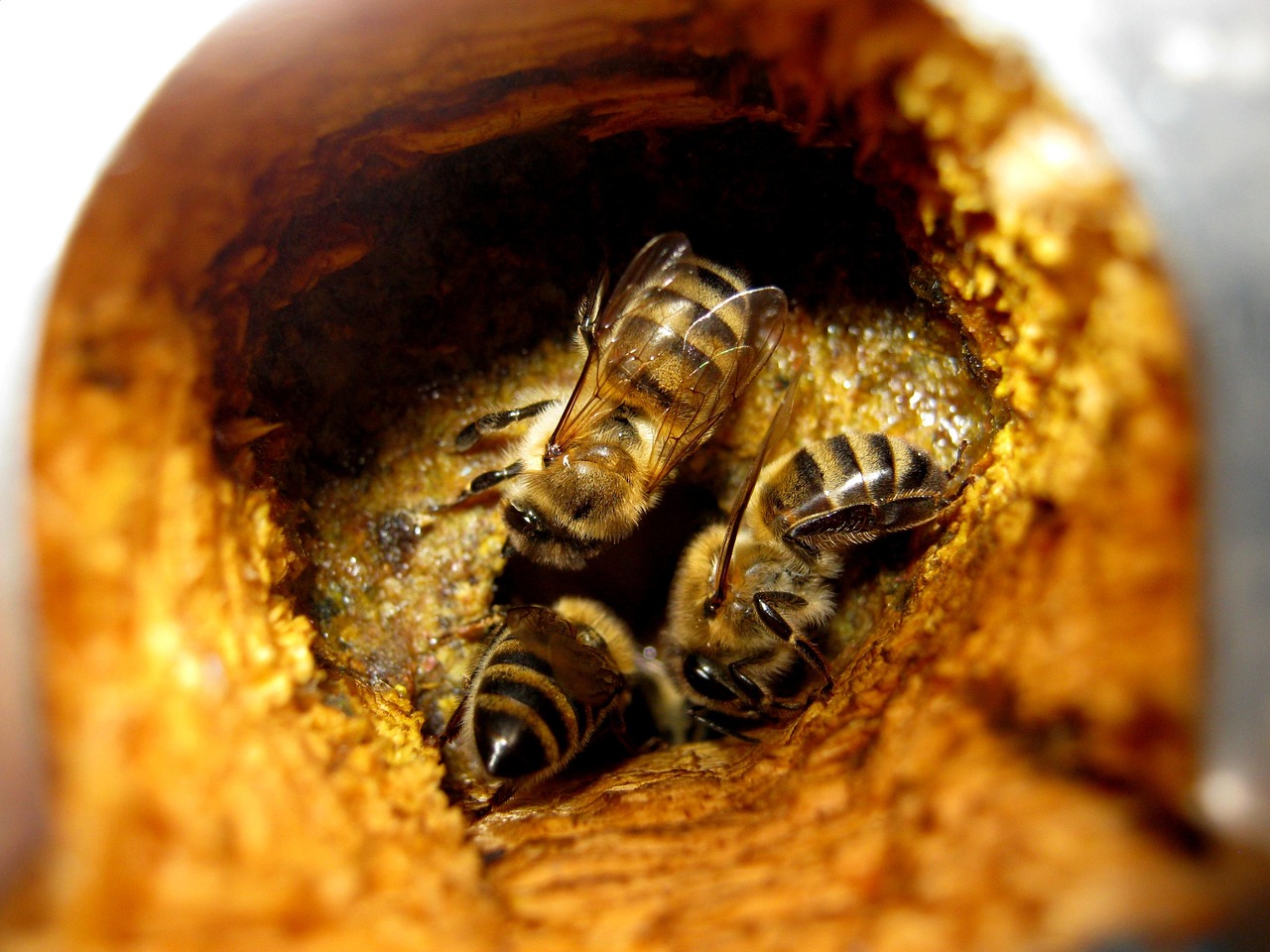How Bee Propolis Can Help Transform Your Health
Why Bees Matter More Than Most People Realize
Bees are nature’s original networkers, and we tend to take them for granted,
They move pollen from plant to plant, ensuring that fruits, vegetables, and seeds can grow. Without their tireless work, more than 75% of the world’s flowering plants wouldn’t reproduce effectively.
And it’s not just food we’d lose; bees are crucial for maintaining the biodiversity that keeps entire ecosystems stable.
Fewer bees mean fewer plants, which means less habitat for wildlife, reduced soil quality, and a ripple effect that touches nearly every part of our environment.
So when we talk about “saving the bees,” we’re not just protecting honey production, we’re defending the health of the planet.
But that’s not what the scope of this article is meant to bee, I mean, be.
Honey: More Than a Natural Sweetener
Most people think of honey as a healthier sugar substitute, and it is.
But honey is far more complex than that. It’s rich in enzymes, antioxidants, and trace minerals, and it carries antimicrobial properties that have been used medicinally for centuries.
Research shows honey can:
-
Support wound healing by promoting tissue regeneration and preventing infection
-
Deliver antioxidant and anti-inflammatory effects that protect cells from oxidative stress (MDPI, 2020)
Different honeys even have different medicinal strengths, with manuka honey being the best known for its antibacterial potency.
But honey isn’t the only gift from the hive worth talking about.
Enter Bee Propolis: Nature’s Immune Shield
Bees produce propolis (sometimes called “bee glue”) from tree resins, combining it with their own enzymes and beeswax.
Inside the hive, they use it to seal cracks, sterilize surfaces, and protect against bacteria, viruses, and fungi.
In other words, propolis is the bees’ version of an immune system.
And interestingly, it seems to offer those same protective benefits to us.
Modern research has confirmed that propolis contains over 300 bioactive compounds, including flavonoids, phenolic acids, and esters, many of which have strong antimicrobial, anti-inflammatory, and antioxidant activity.
Here’s what that means for human health:
5 Key Benefits of Bee Propolis
The good news is that bee propolis is available to us in supplemental form, without needing to tear about the hive and eat it (could you imagine).
And when taken regularly, or on occasion, it has the power to help humans out.
1 – Supports Immune Health:
Propolis helps regulate immune response by stimulating macrophages and lymphocytes, the cells that fight off invaders. Studies show it can enhance resistance to bacterial and viral infections and shorten recovery time from colds and respiratory illnesses.
2 – Combats Inflammation:
Inflammation is the root cause of most chronic diseases. Propolis’ flavonoids and phenolic compounds have been shown to suppress inflammatory enzymes like COX-2 and reduce oxidative stress in the body.
3 -Supports Oral and Dental Health:
Propolis naturally fights bacteria that cause plaque, cavities, and gum disease. Dental studies have found that propolis mouth rinses and toothpastes can significantly reduce gingivitis and improve gum health.
4 – Aids in Wound Healing and Skin Repair:
Like honey, propolis accelerates healing by stimulating collagen production and reducing bacterial load on wounds. It’s used in topical creams to soothe burns, acne, and eczema.
5 – May Support Blood Sugar and Heart Health:
Early studies suggest propolis can help lower fasting glucose, improve lipid profiles, and reduce oxidative damage linked to cardiovascular disease (Journal of Evidence-Based Integrative Medicine, 2018). While research is still emerging, these findings point toward a promising role in metabolic support.
Potential Risks and Considerations
While propolis is generally safe for most people, it’s not for everyone. Here are a few things to keep in mind:
-
Allergies: Anyone allergic to bees, honey, or bee products should avoid propolis; reactions can range from skin irritation to severe allergic response.
-
Pregnancy and breastfeeding: There’s limited research on safety, so women in these stages should consult their healthcare provider first.
-
Interactions: Propolis has mild anticoagulant (blood-thinning) activity and may interact with medications like warfarin. Always check with your doctor before adding it to your regimen.
-
Quality matters: Because propolis composition varies depending on where bees gather resin, sourcing from a reputable, tested supplement brand is key.
It’s Definitely Helpful
Bees don’t just pollinate plants; they provide an entire natural pharmacy. From the immune-boosting power of propolis to the healing properties of honey, these small creatures support both planetary and personal health in ways we’re only beginning to understand.
As we continue to face modern stressors, from environmental toxins to antibiotic resistance, bee-derived compounds remind us that nature often holds the most elegant solutions.
So next time you drizzle honey in your tea or see a bee hovering near a flower, take a moment to appreciate the quiet brilliance of the hive.
The health of bees and the health of humans have always been deeply connected, and I’m sure there are all kinds of additional ways we can benefit from the hard work of bees.



